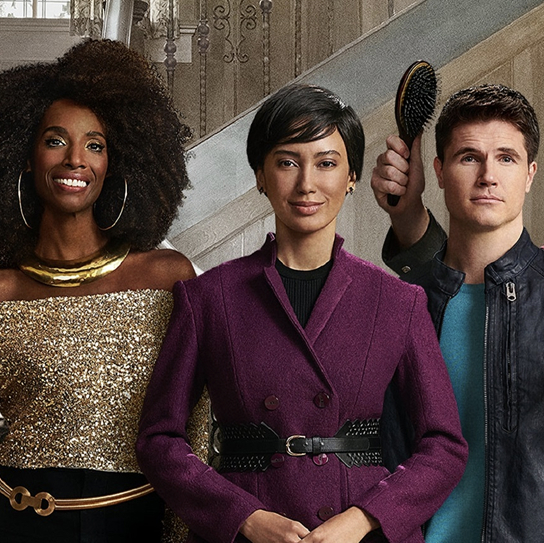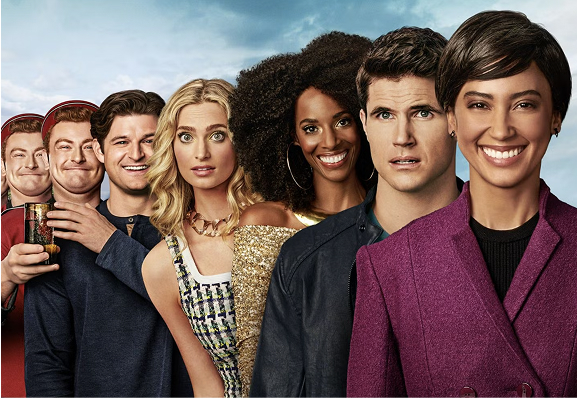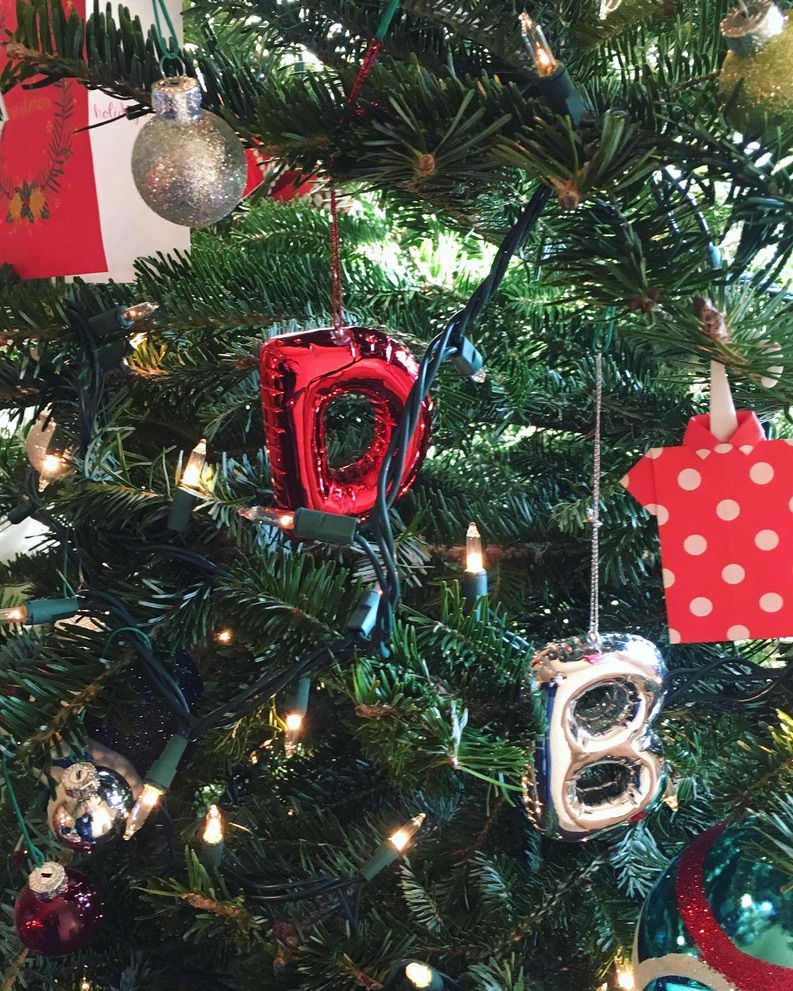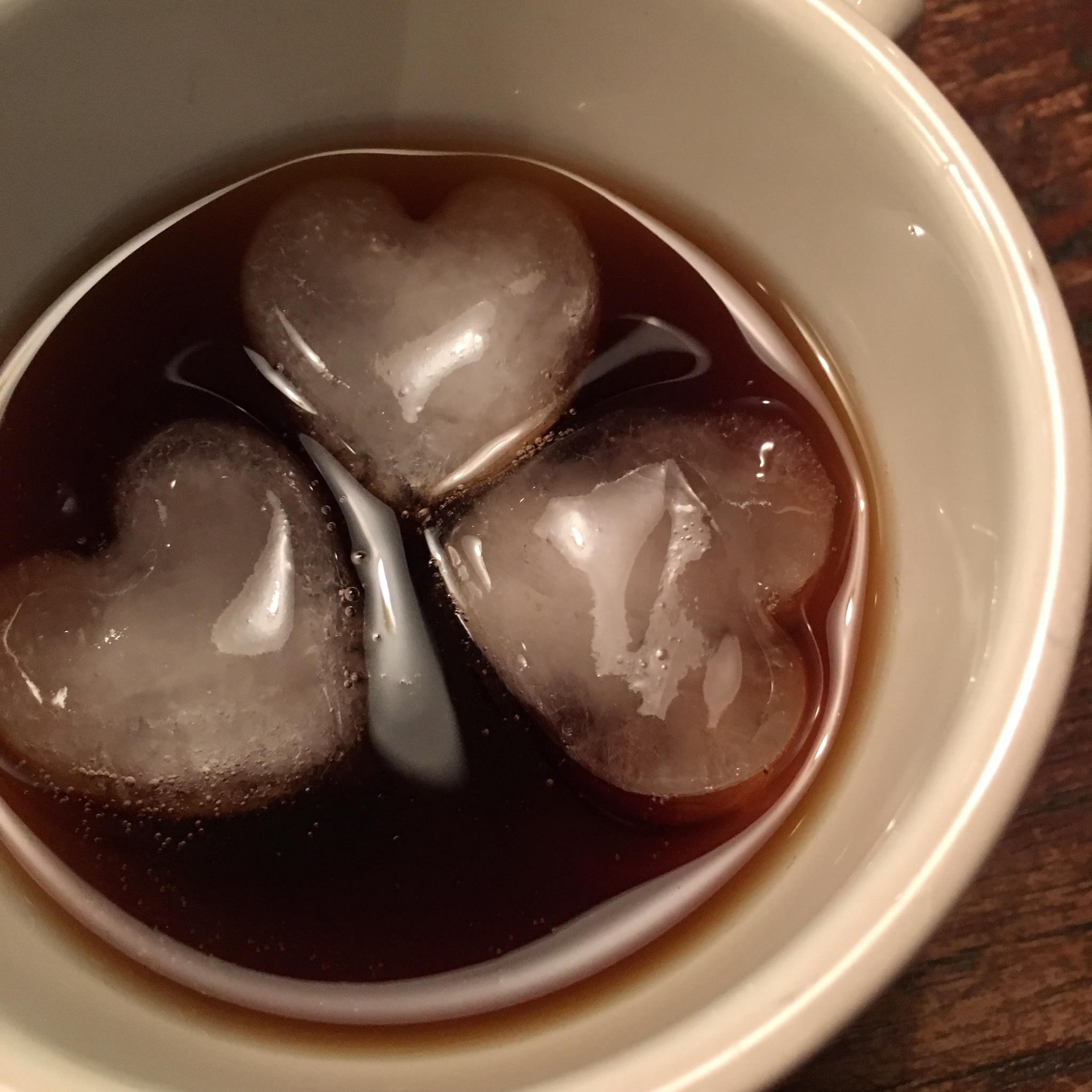
Would you upload your loved one if you could?

Sometimes a show finds you at the exact moment you need it. *Upload* has been that kind of series for me— a mix of humor, sci-fi, and something much deeper: the messy, complicated, tender weight of grief. It isn’t just entertainment; it’s a reminder that even in imagined futures, we’re still grappling with the same questions of love, loss, and what it means to hold on.
Watching *Upload* has been like holding a mirror to grief. Some moments don’t need spoilers to hit hard—they simply reveal truths about what it means to hurt and to heal.
Grief, Digitized

One scene shows a character undone in private, lying in bed, messy and worn down. It captured the ebb and flow of grief perfectly: how one day you might hold it together, and the next you can’t even get up. That raw honesty felt painfully familiar.
The show also reminded me of how fragile happiness can be. Moments of connection arrive like gifts, but sometimes they are snatched away without warning, leaving unfinished conversations and words unsaid. It’s unfair—and it echoes the way grief works in real life.

Because grief doesn’t wait for a season.
Just as Upload captures how grief lingers between the digital and the human, the Healing Calendar is built for those quiet, in-between moments too.
The Grief of Not Knowing

What lingers most is the way *Upload* balances endings with possibility. It leaves you suspended—between loss and the faint hope of something more. That’s what grief feels like too: uncertain, unresolved, but not without its own fragile hope.
What stays with me is not just the sadness, but the quiet reminder that even when we lose so much, there are still glimmers of connection and love. Grief doesn’t erase those moments—it sharpens them. And maybe that’s the real hope of *Upload*: even when life feels uncertain, we carry pieces of love forward, in ways that matter more than we realize.
“I started watching Upload a few months after Doug’s memorial. At the time, I kept searching—wondering where he might be now, what happens after death, and if there was any way to still feel close to him. The show became a strange kind of refuge—part escape, part imagined answer.
It gave me hope that maybe memories could still be held onto, that conversations didn’t have to end just because someone was gone.
Back then, I coped in fragments—short bursts of binge-watching between trying to work and grieving in quiet moments I didn’t know how to name. I found myself drawn to grief-centered sci-fi and supernatural stories, hoping that somewhere, somehow, technology might have caught up to the ache of loss.
Upload gave me something to hold onto when I didn’t know how to hold myself.”
— Edvin, founder of And We Thrive
Calendar Reflection
When someone we love dies, there’s a double grieving: the person, and the uncertainty they leave behind.
Some days it isn’t just that they’re gone. It’s the quiet questions that linger: Where are they now? Are they okay? Do they know we’re still trying?
This week, let yourself name those unspoken questions. Let it be okay not to have the answers.
Like in Upload, the Healing Calendar imagines a future where connection and care can still find us. One page, one prompt, one soft reminder at a time — helping keep that future within reach.


